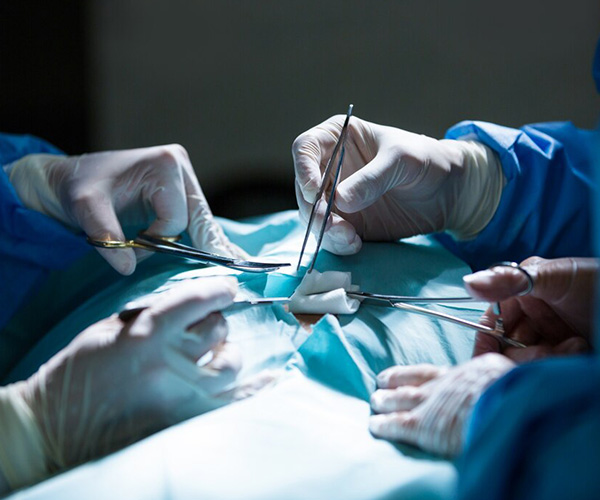Introduction:
The world of medicine is undergoing a significant transformation, with technology at its forefront. Robotic surgeries are emerging as a groundbreaking advancement that promises to reshape the landscape of the medical field. In this blog, we will explore the current state of robotic surgeries and how they are set to revolutionize the future of medicine.
The Current Landscape:
Robotic surgeries, also known as robot-assisted surgeries, involve the use of advanced robotic systems to assist surgeons in performing complex procedures with precision and control. The most well-known system is the da Vinci Surgical System, but there are various other platforms in development as well.
These systems consist of robotic arms, controlled by a surgeon, which can perform delicate movements with higher precision than the human hand. The surgeon operates the system from a console, where a 3D high-definition view provides an enhanced visual field. This technology has already been used in various surgical fields, including urology, gynecology, cardiology, and more.
Advantages of Robotic Surgeries:
- Precision and Accuracy: Robots can make precise, steady movements that reduce the risk of human error. This accuracy is particularly beneficial for procedures that involve delicate tissues or intricate structures.
- Minimally Invasive: Robotic surgeries often require smaller incisions, leading to less scarring, reduced pain, and quicker recovery times compared to traditional open surgeries.
- Enhanced Visualization: The 3D view provided by robotic systems allows surgeons to see the surgical site in greater detail, improving decision-making and surgical outcomes.
- Remote Surgery: Robotic technology opens the door for remote surgeries, where an expert surgeon can perform a procedure from a different location, expanding access to specialized care.
The Future of Robotic Surgeries:
- Increased Specialization: As robotic technology continues to advance, we can expect specialized robots for various medical fields. These robots will be designed to perform tasks with even greater precision and efficiency.
- Artificial Intelligence Integration: Artificial intelligence (AI) will play a pivotal role in the future of robotic surgeries. AI can analyze vast amounts of medical data, assist in decision-making during surgery, and even predict potential complications.
- Telesurgery: The ability to perform surgeries remotely will become more widespread, allowing patients in remote areas or underserved regions to access top-tier surgical care.
- Minimizing Human Error: As robotic systems become more autonomous, they will be better equipped to handle unexpected situations and reduce the margin of error even further.
- Training and Education: It will be a standard part of medical training, ensuring that the next generation of surgeons is well-versed in utilizing these technologies.
Challenges and Concerns:
While the future of these types of surgeries is bright, it’s essential to acknowledge the challenges and concerns:
- Cost: The initial investment and maintenance costs of robotic systems can be high, which may limit their availability in some healthcare settings.
- Training: Surgeons require specialized training to operate these systems effectively. Ensuring that medical professionals are well-versed in this technology is crucial.
- Ethical and Legal Issues: As robots become more autonomous, questions surrounding liability and ethical considerations will arise.
Conclusion:
Robotic surgeries are poised to revolutionize the field of medicine, offering precision, minimally invasive procedures, and the potential for remote surgeries. As technology continues to advance, we can anticipate an expansion of their use across various medical specialties. While challenges exist, the benefits are undeniable, promising a future in which patients can receive advanced, highly specialized care with improved outcomes. The world of medicine is on the cusp of an exciting transformation, and robotic surgeries are at the forefront of this medical revolution.



